Chickpeas, also known as garbanzo beans, have gained popularity in recent years, and for good reason. These humble legumes offer a range of health benefits and are incredibly versatile in the kitchen. Whether you’re a vegetarian, vegan, or simply looking to incorporate more plant-based foods into your diet, chickpeas are a fantastic addition. In this article, we’ll explore why chickpeas are a nutritional powerhouse and provide creative ways to incorporate them into your daily meals.
Why Chickpeas?
- Rich in Nutrients: Chickpeas are packed with essential nutrients. They are an excellent source of plant-based protein, dietary fiber, vitamins (such as folate, vitamin B6, and vitamin C), and minerals (including iron, magnesium, and potassium).
- Heart-Healthy Benefits: The combination of soluble fiber and unsaturated fats found in chickpeas can help lower LDL (bad) cholesterol levels, reducing the risk of heart disease. They also contain potassium and magnesium, which support healthy blood pressure levels.
- Blood Sugar Regulation: The complex carbohydrates and fiber in chickpeas contribute to steady blood sugar levels, making them a favorable food for individuals with diabetes or those seeking to prevent it.
- Digestive Health: The high fiber content in chickpeas promotes a healthy digestive system by supporting regular bowel movements and preventing constipation. They also act as prebiotics, nourishing the beneficial bacteria in your gut.
- Weight Management: Chickpeas are low in calories but high in fiber and protein, making them highly satiating. Including chickpeas in your meals can help control appetite, manage weight, and promote feelings of fullness.
Creative Ways to Add Chickpeas to Your Diet
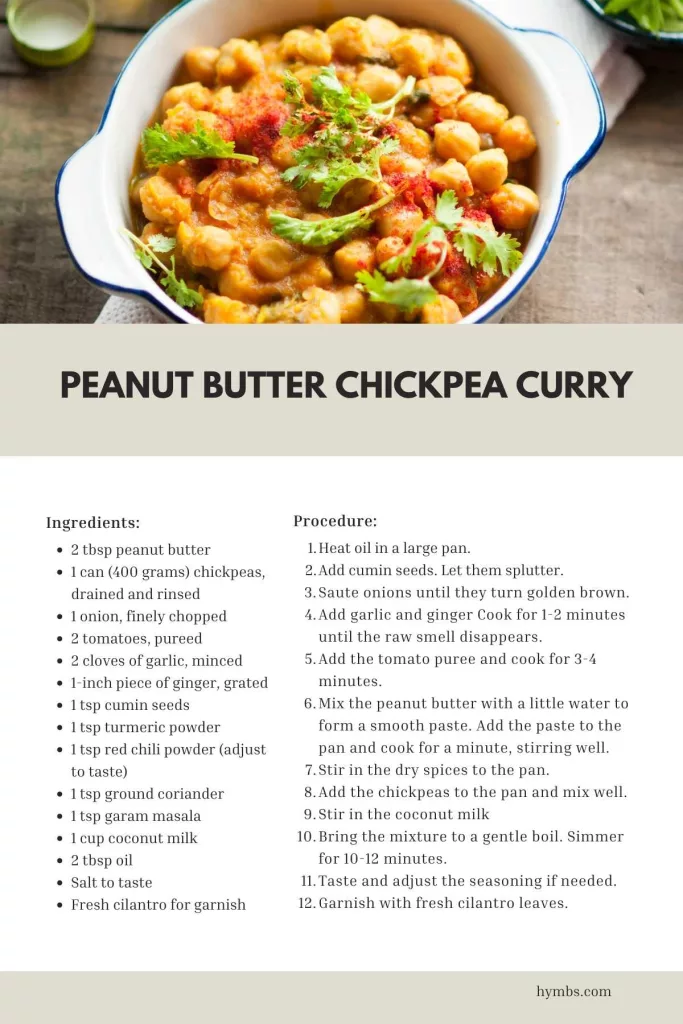
- Roasted Snack: Toss cooked chickpeas with olive oil, spices (such as paprika, cumin, or chili powder), and a pinch of salt. Roast them in the oven until crispy for a healthy and satisfying snack.
- Salad Booster: Add cooked or canned chickpeas to your salads for an extra dose of protein and fiber. They pair well with leafy greens, tomatoes, cucumbers, and feta cheese.
- Curry or Stew: Incorporate chickpeas into flavorful curries or stews. They absorb the flavors of spices and add a hearty texture. Combine them with vegetables, aromatic spices, and a tomato or coconut-based sauce for a delicious meal.
- Hummus: Whip up a creamy and nutritious hummus by blending cooked chickpeas, tahini, lemon juice, garlic, and olive oil. Enjoy it as a dip or spread it on sandwiches and wraps.
- Veggie Burgers or Falafel: Use mashed chickpeas as a base for homemade veggie burgers or falafel. Combine them with breadcrumbs, herbs, and spices, then pan-fry or bake for a nutritious and satisfying plant-based option.
- Grain Bowl: Create a nourishing grain bowl by combining cooked chickpeas with whole grains like quinoa, brown rice, or bulgur. Add roasted vegetables, fresh herbs, and a drizzle of dressing for a well-rounded meal.
Chickpeas are a nutritional powerhouse that offers a multitude of health benefits. From promoting heart health and blood sugar regulation to supporting digestive health and weight management, these legumes are a valuable addition to any diet. With their versatility, you can incorporate chickpeas into various dishes, including hummus, salads, curries, and more. So, embrace the power of chickpeas and start enjoying their delicious flavors and incredible benefits in your daily meals.
Grains, Beans, and Lentils
-

Why Grains Can Make Your Gut Healthy and Happy
The health of our gut plays a vital role in overall well-being, and maintaining a balanced and diverse gut microbiota is essential for optimal digestion and immune function. One key component in promoting gut health is dietary fiber, and grains are an excellent source of this essential nutrient. This article explores the relationship between grains…
-

The Power of Oatmeal: Tips for Choosing the Best Option
-

Lentils Can Improve Your Heart Health
-

Creative Ways to Cook and Enjoy Lentils in Everyday Meals
-

Debunking Common Myths about Gluten: Separating Fact from Fiction
-

How Lentils in Your Diet Can Help Shed Extra Pounds
-

How to Consume Whole Grains For Heart Health: Examining the Link and Best Dietary Practices

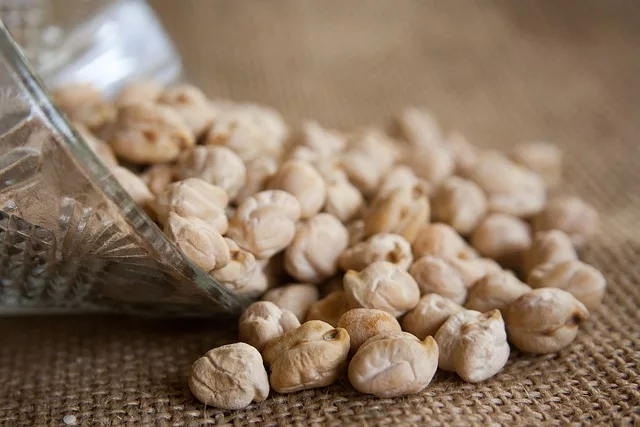
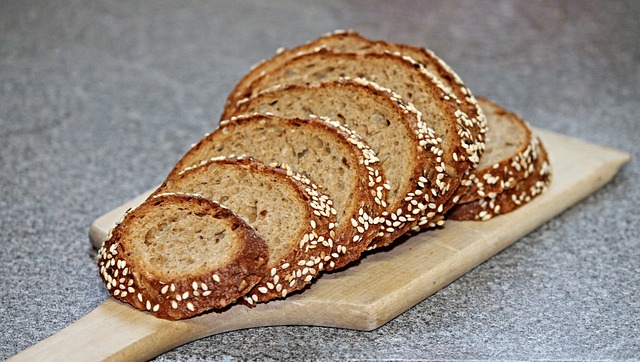
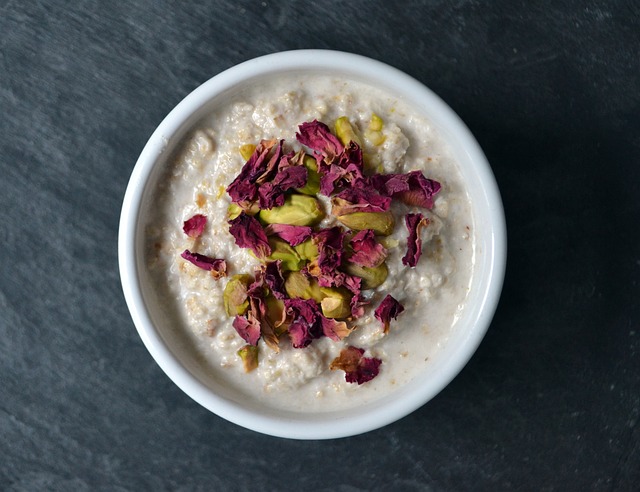
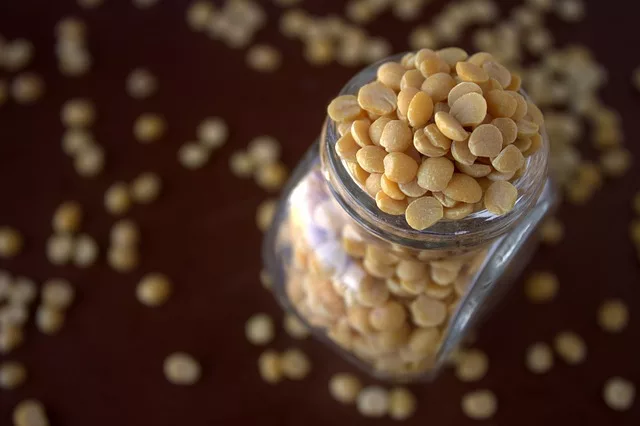
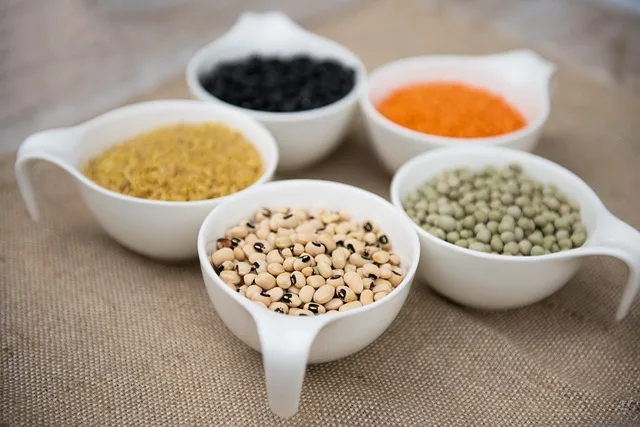
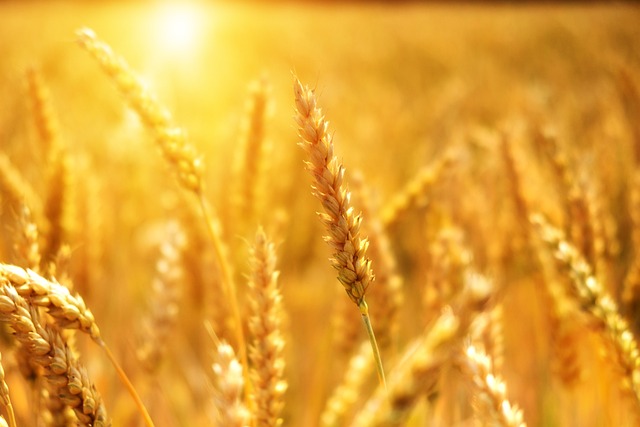
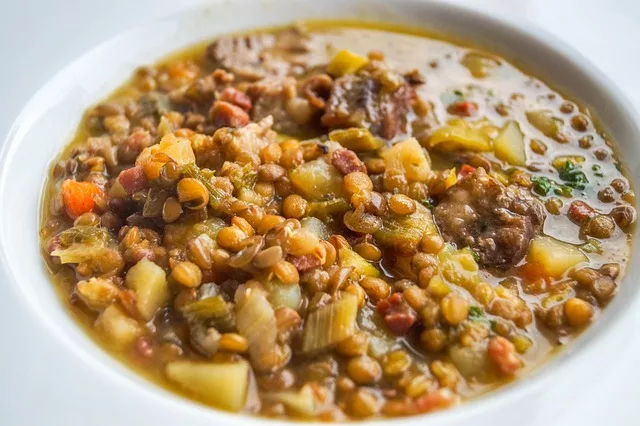
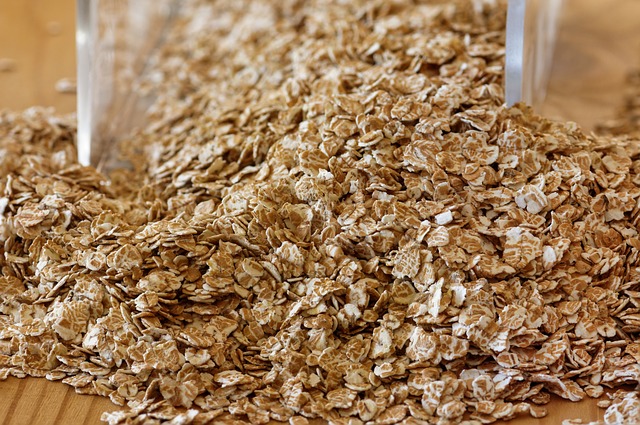
Leave a Reply